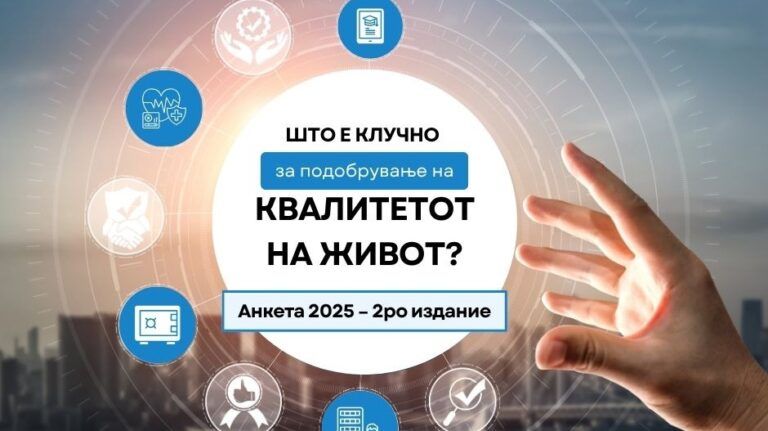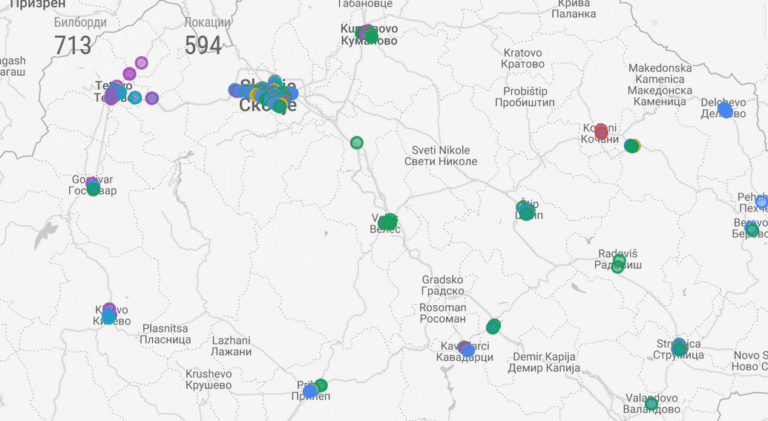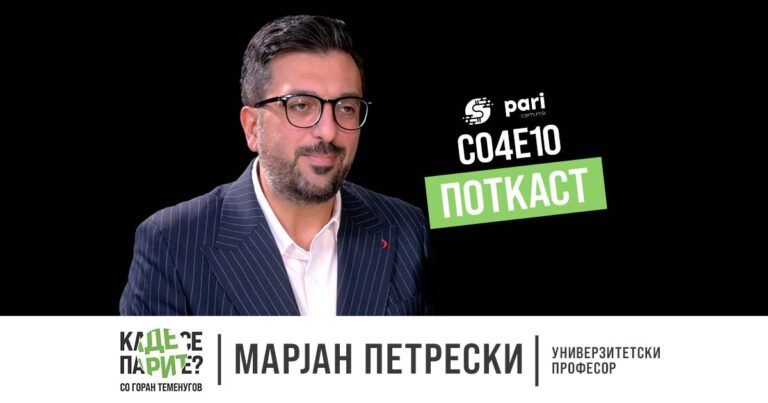📣 We want to hear your opinion!
What is key to improving the quality of life❓🔗 bit.ly/anketa— We kindly ask you to take 5 minutes of your valuable time and tell us about your satisfaction with public services by completing the questionnaire above ☝️ #CHinMK #CivicaMobilitasCivica MobilitasMacedonian Medical AssociationYouth Educational Forum – YEF@youtheducationalforum@mcgo_mcec_mkMCEC – Macedonian Center for Civic Education@360stepeni360 Degrees
The post 📣 We want to hear your opinion! first appeared on Finance Think.
The post 📣 We want to hear your opinion! appeared first on Finance Think.



![[Aggregator] Downloaded image for imported item #43150](https://civicamobilitas.mk/wp-content/uploads/2025/11/9e7dac9f-f348-4042-ab0a-514c633226bf-1536x1152-1-1024x768-1-768x576.jpg)


![[Aggregator] Downloaded image for imported item #42179](https://civicamobilitas.mk/wp-content/uploads/2025/11/589925890_1368472431988228_3344916598066723032_n-1024x768-1-768x576.jpg)
![[Aggregator] Downloaded image for imported item #43005](https://civicamobilitas.mk/wp-content/uploads/2025/11/589168577_872451682017665_5022799471478446814_n-1-768x1024-1.jpg)
![[Aggregator] Downloaded image for imported item #43007](https://civicamobilitas.mk/wp-content/uploads/2025/11/538073799_794072149855619_6902432623992319021_n-1-1024x768-1-768x576.jpg)
